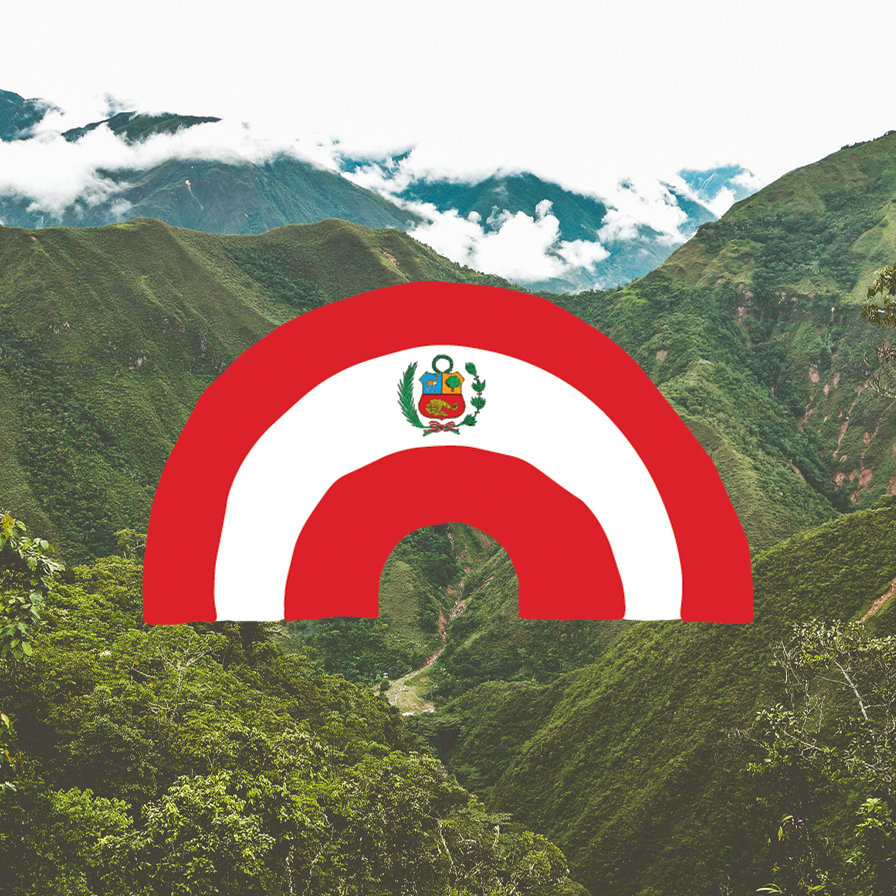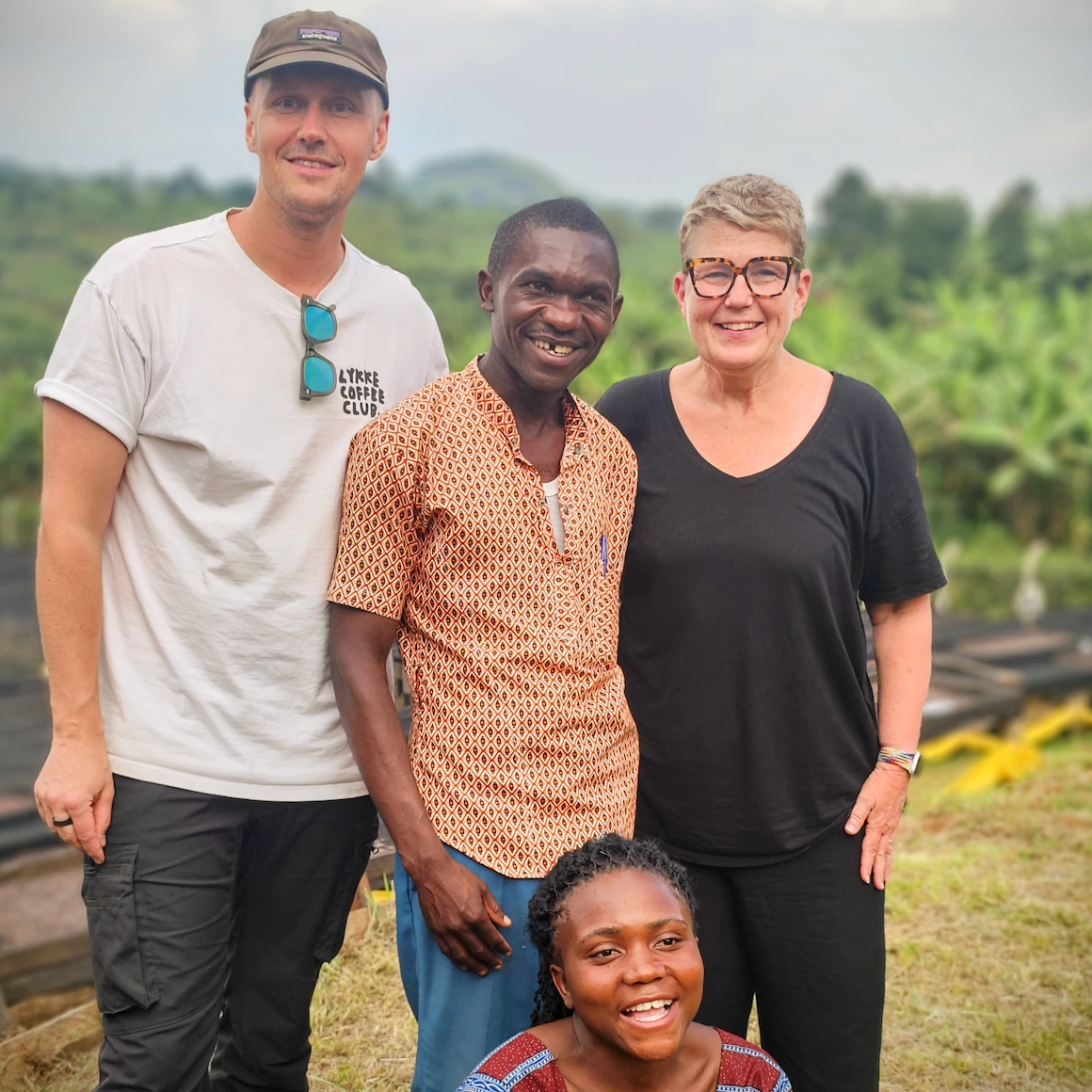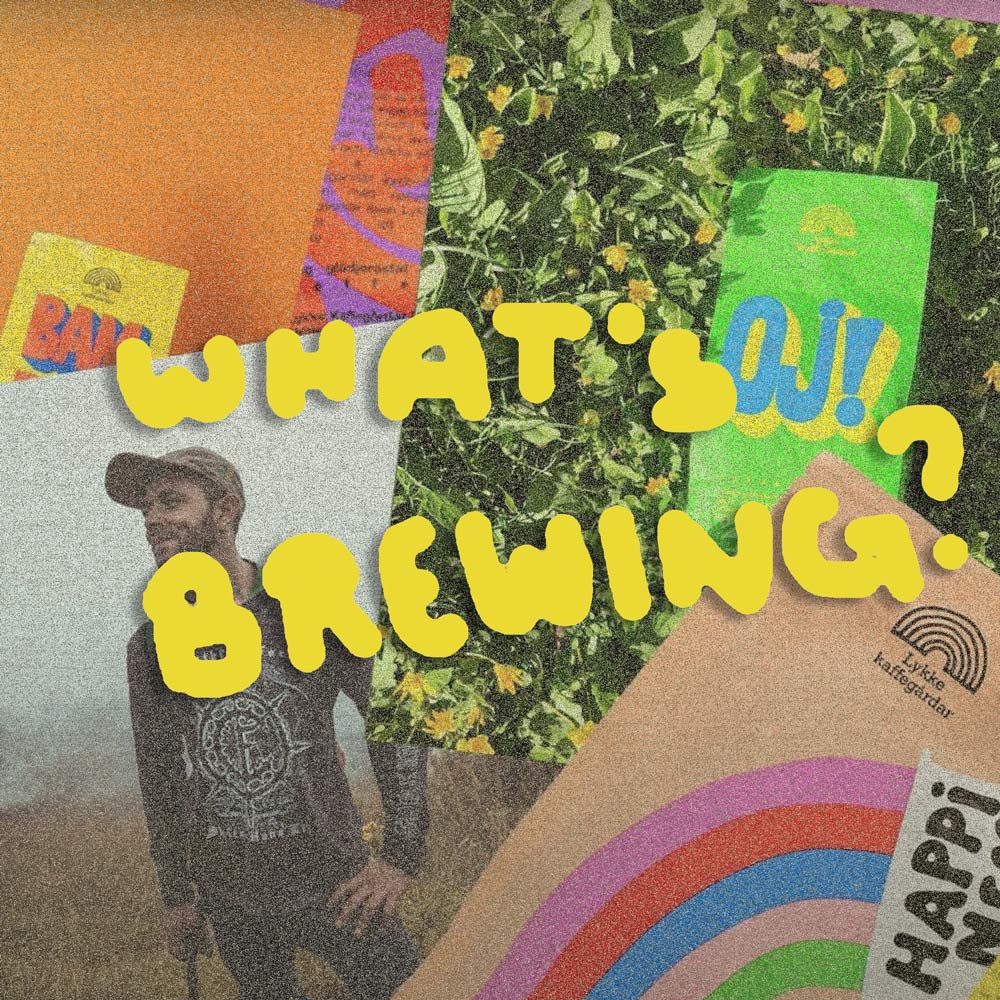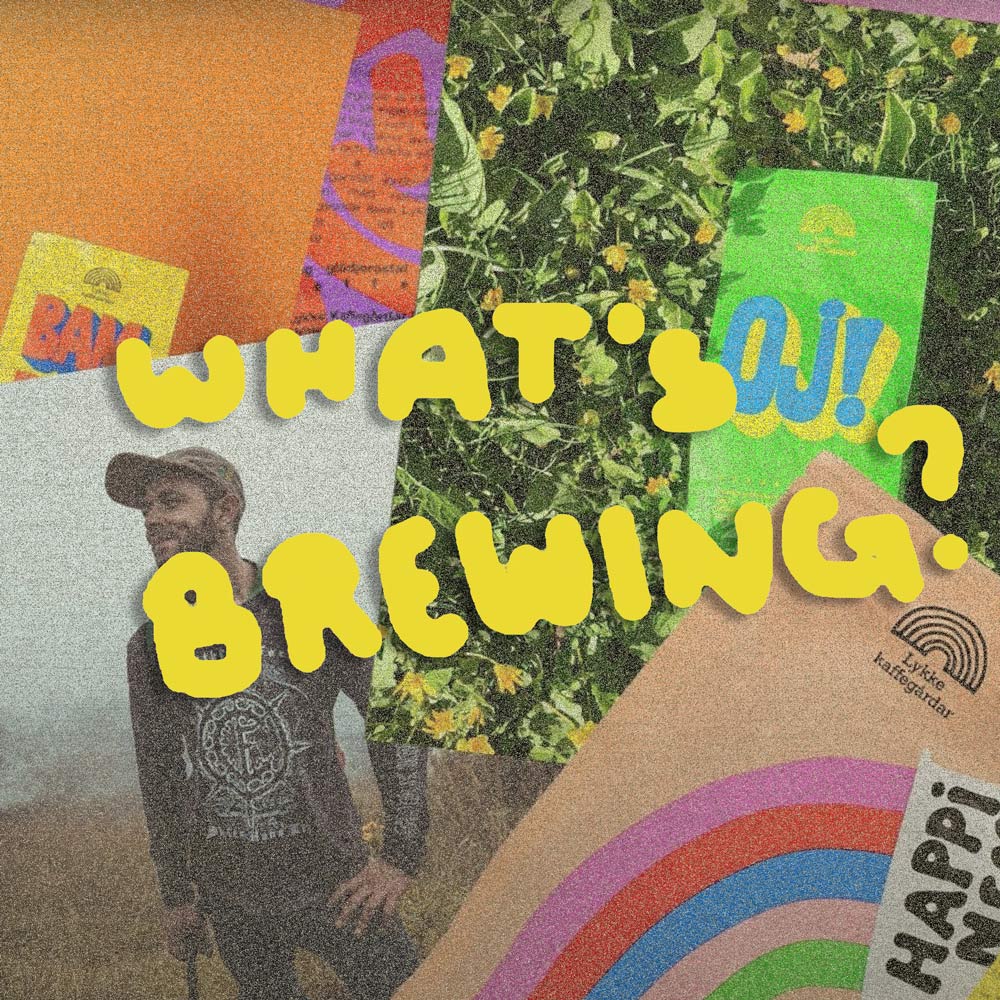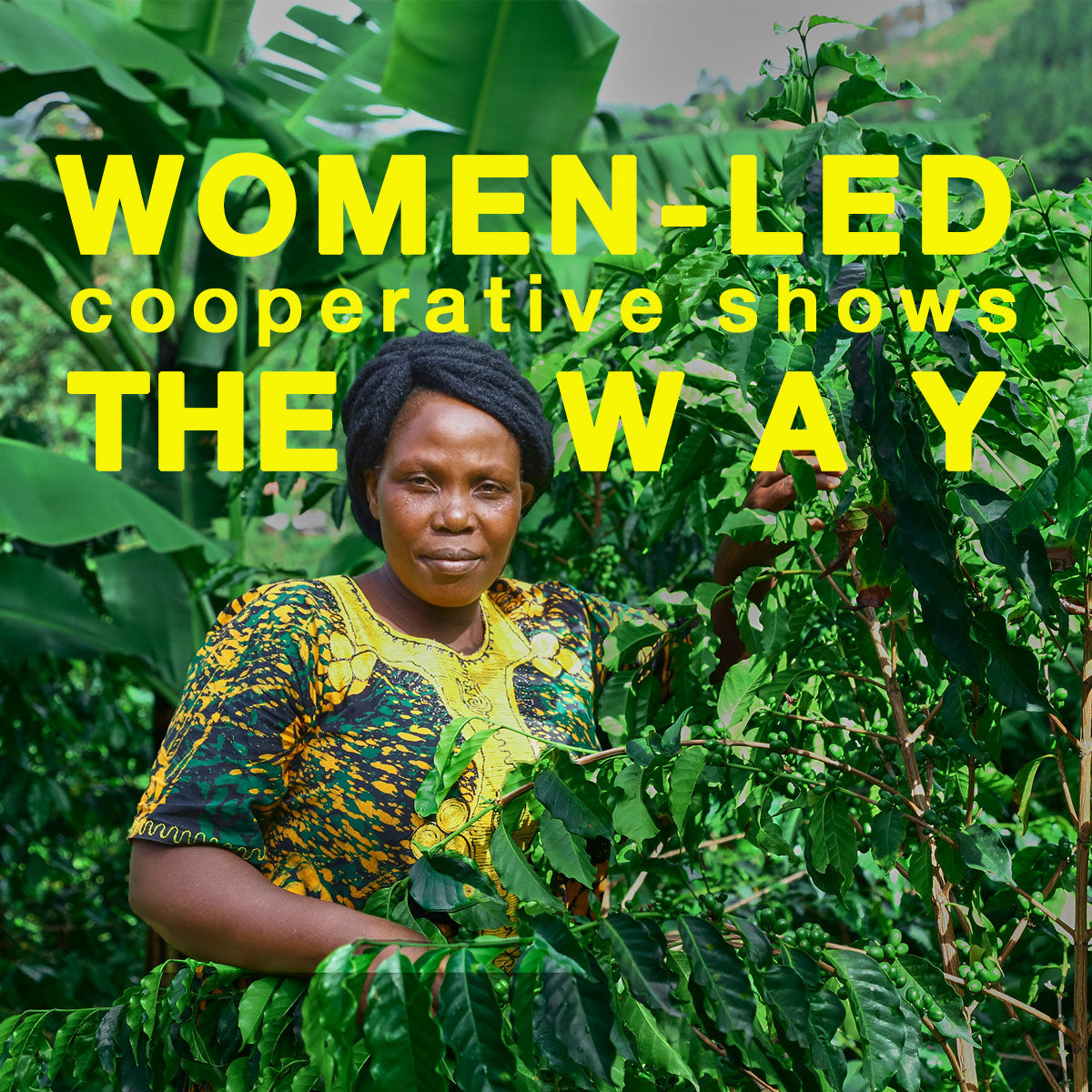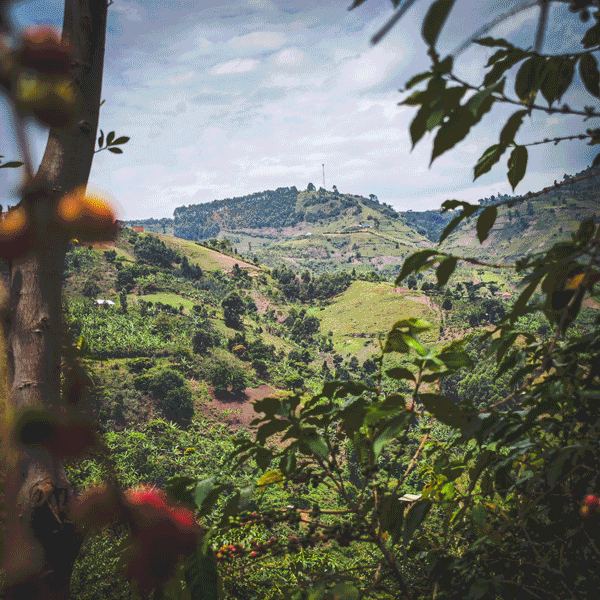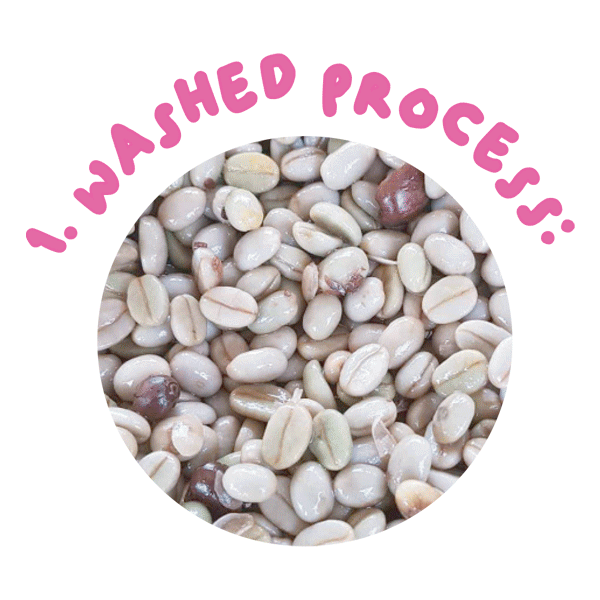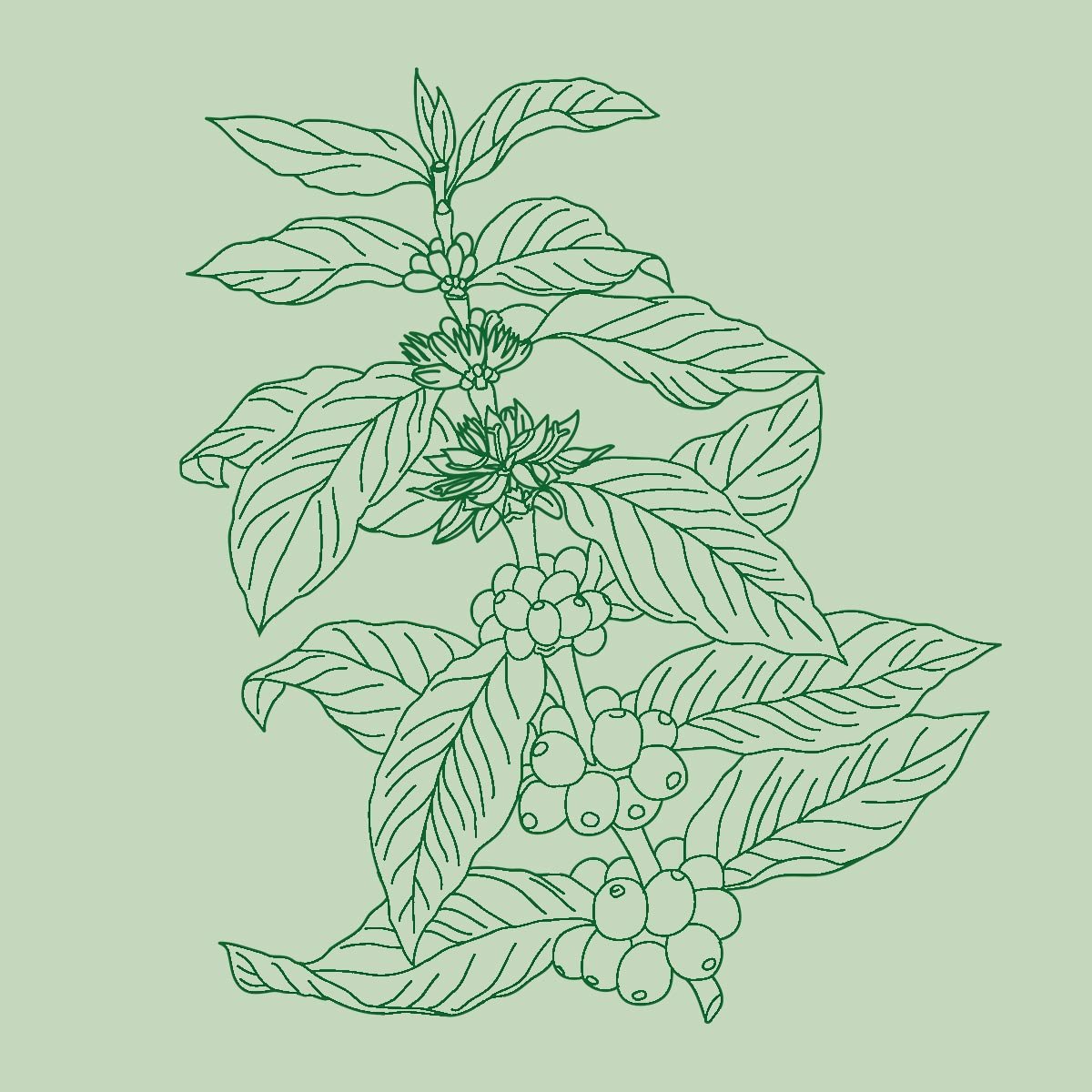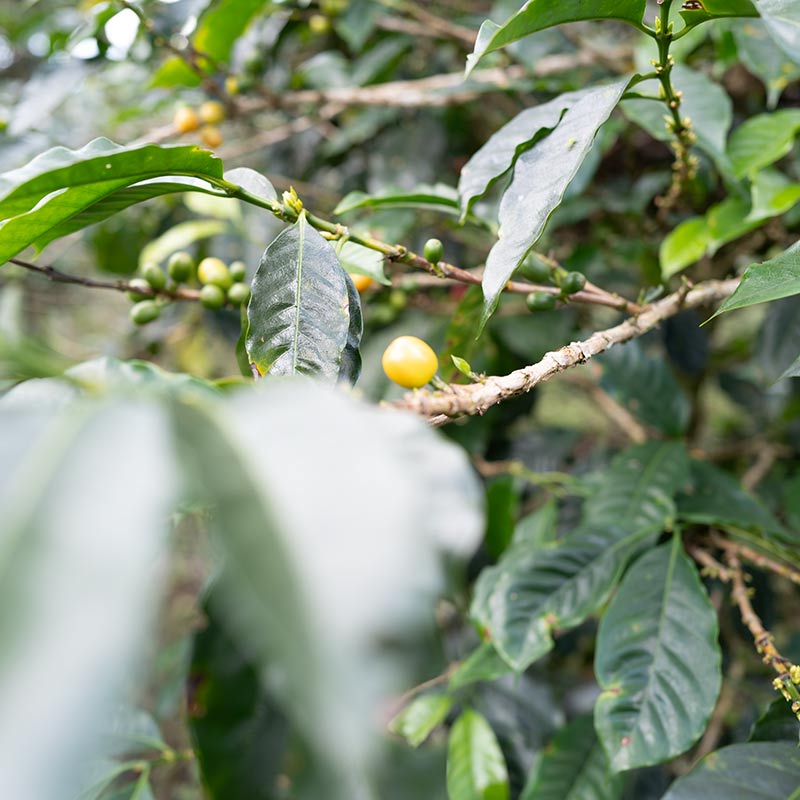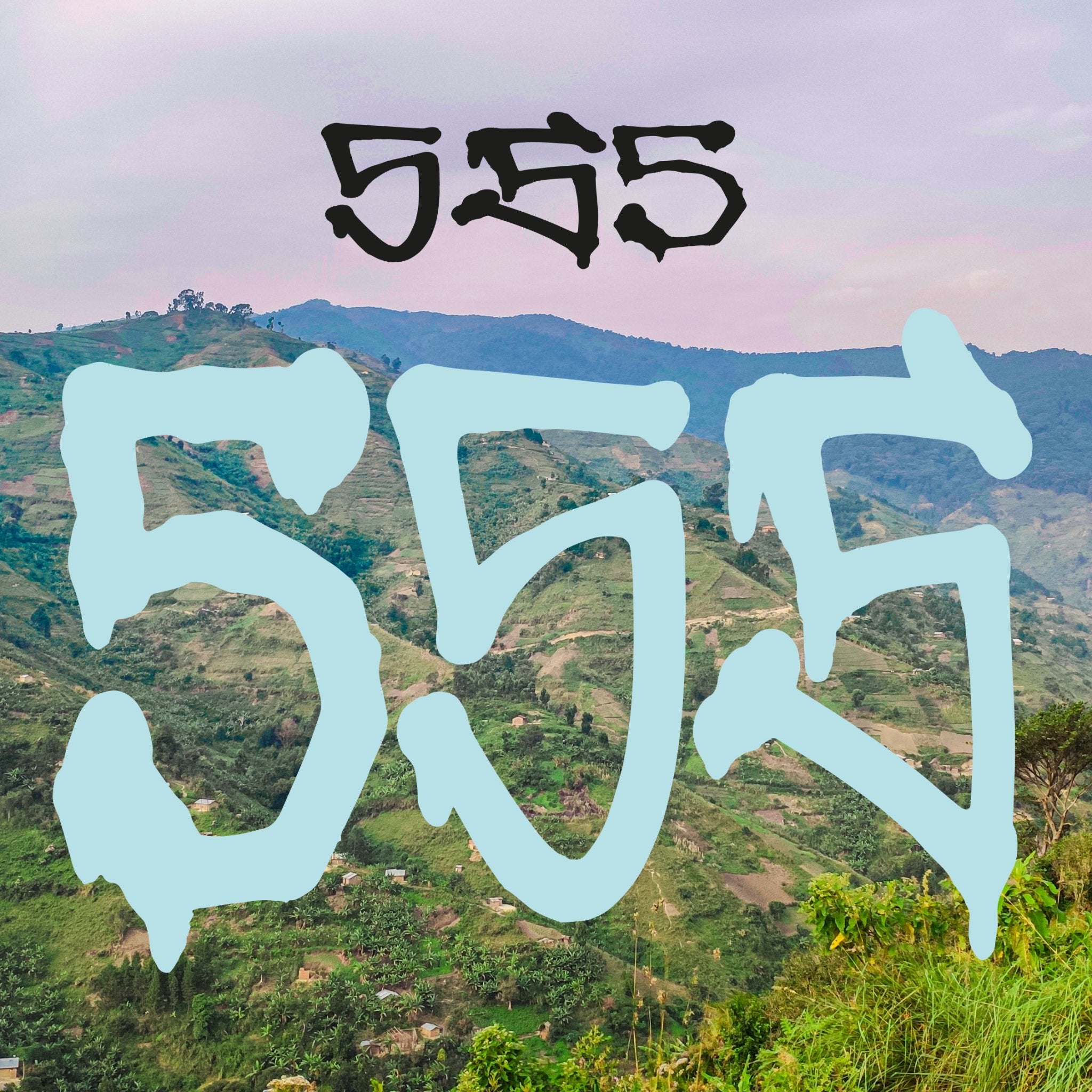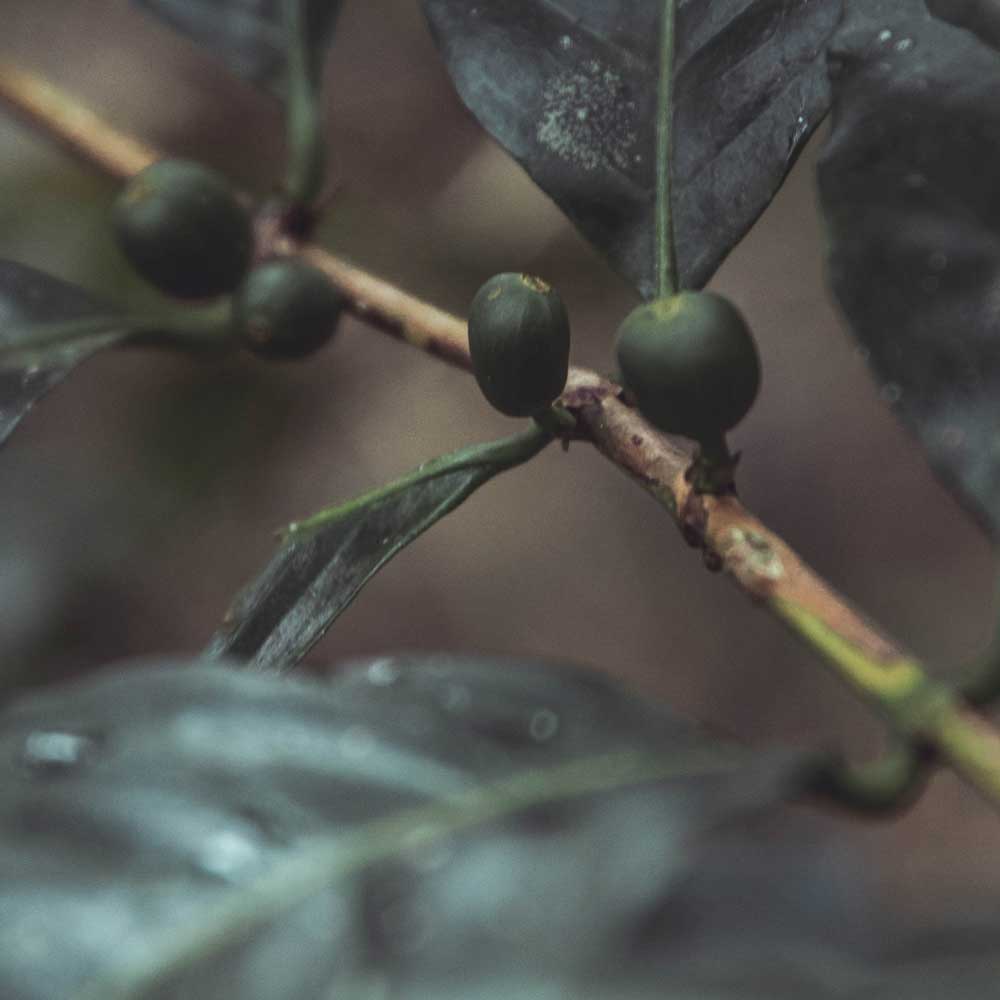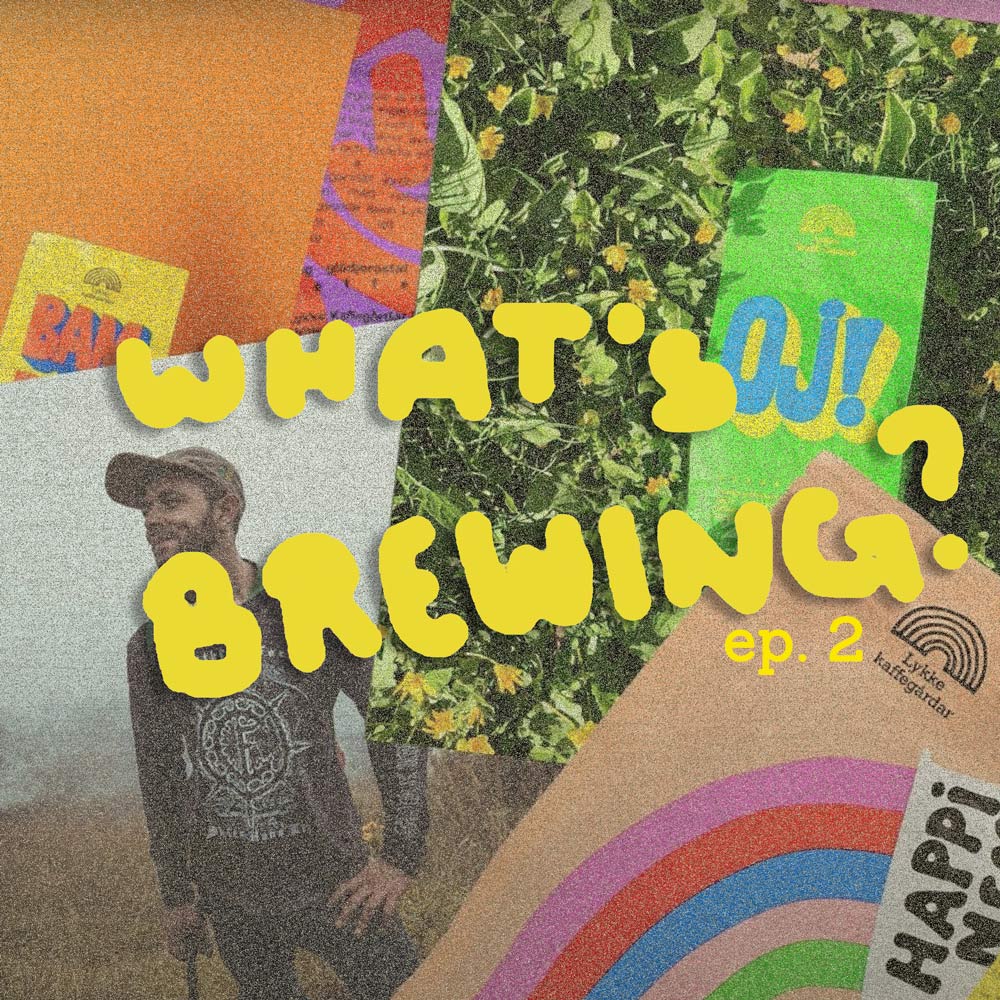LYKKES TAKE ON SUSTAINBLE FARMING
Lykke exists to make a difference for coffee farmers. We do that by setting up role model farms where we grow coffee ourselves and where we hope to inspire the neighboring farms to a more sustainable way of growing and being.
Lykke was born out of the knowledge that the coffee industry is everything but sustainable. We have been on the front lines of coffee production and experienced firsthand how both people and the planet are harmed by the detrimental system and practices that make up the traditional coffee industry. And with Lykke, we hope to change that and to be an inspiration for other coffee companies to do the same.
One of the factors affecting the coffee farmers is the fickle market price for coffee. A price that is seldom in line with financial sustainability. The price is normally pushed down by several factors as well as speculation. And a sad truth is that many coffee farmers are forced to sell their coffee at a price that is lower than the production costs. Something that means that younger generations of coffee farmers no longer see coffee as the means to make a living in the future.
We have also read the reports on climate change in coffee and know that coffee is, and will be, greatly affected. Temperatures are rising and unpredictable weather phenomenon becomes a reality for the millions of coffee farmers the world over. Previously stable harvest seasons, are now fluctuating and impossible to rely on.
With these factors in mind. Life as a coffee farmer can be a series of hopeless circumstances that on the whole become unlivable.
And with that, our purpose is simple. The money has to land in the farmer's pocket. And coffee, as one of the world's greatest commodities, has to stop being a part of the climate problem, and instead become part of the solution.
We cannot stress this enough, Lykke exists to make a difference for coffee farmers. Today and into the future.
With our collective years in the industry, we know that higher quality and tastier coffee will be a differentiator from traditional coffee. And that it can, in contrast to the unrealistically low market price, actually yield a higher and more sustainable price point.
That is why our work is focused on increasing quality and spreading knowledge to our coffee growing neighbors.
We educate based on our sturdy experience and knowledge of all of the steps in the coffee-growing chain. From knowledge in the botany of coffee plants to the best way to roast and serve the finished product.
We use our farms as a base and lab station, where we can develop and try out new ideas and methods as well as see which are best suited for the local context. Because we have learned that the conditions vary greatly between El Salvador, Uganda, Brasil, Peru, or Panama.
At our farms, we have the freedom of testing and showcasing all of the innovations we can dream up, but without putting the farmers at risk at our whim. Or by forcing these ideas on our neighbors. The purpose of our farms is to inspire and act as role models for innovative and sustainable farming practices.
After we have developed a solid relationship, we proceed to collaborate with the neighbors that want to be a part of our platform.
Educated agronomists analyze and determine the local conditions and challenges at our neighbors' farms after which tailor-made educations and action plans are set up together. It can include anything from how to best prune their coffee trees, to the best degree of ripeness of the cherries at harvest for the specific variety of Arabica that the farmer has.
The Lykke project is an all-encompassing program that can be simplified into these three categories:
- Increase coffee quality.
- Help farmers with tools and knowledge to transition into more natural and sustainable farming practices.
- Increase yields.
In the last few years, we have collected data and witnessed accounts that show the development that is fuel to our endeavor.
Producers in Burundi show a tripling of harvest yields and several points increase in coffee quality (which in turn generates price bonuses of over 20 %) than to the techniques they have learned during these years.
Thanks to an increased understanding of ecology, we have seen examples where farmers in Brasil have gone from chemical dependant and monoculture farms to growing using solely organic materials and to co-plant produce as well as increasing the biodiversity at their farms.
Our constant presence 365 days a year is our strength and advantage in building a long term coffee business that serves both people and the environment.
We establish our role model farms after a thorough analysis of microclimate, terroir, and the natural flora surrounding it. Every spot is unique and because of that needs a constant interaction between people (us) and mother nature.
We see it as a granted that our coffee grows in harmony with the environment. In a place where shade trees give the coffee plants rest in the shade, away from the too-hot sun, and that at the same time becomes a natural haven for all the other life that wants to live there.
Because coffee thrives best in and together with the forest, amongst a rich plant and wildlife, where for example a larger number of insects help our coffee with the very important pollination.
We feed our coffee plants with organic fertilizer and give them all of our love and attention. So that we, once they are big enough to produce coffee, can organically certify the farms.
The organic certification in itself is not our primary focus, but rather a receipt to show that we are on the right path. To us, working organically is much more than a label on the packaging.
In a few bullet points, our farms are a platform for organic farming based on ideas of:
- Farming without agro toxic chemicals.
- Farming with good knowledge and insight into how the soil looks and is doing. To ward off erosion and impoverishment.
- A diversified ecosystem for diverse plant and wildlife.
- Farming with ground covering plants to retain moisture.
- Organic pestt control.
- Sanitation.
- Processing the coffee with minimal use of water or effects to surrounding nature.
Thank you for being a part of our project and helping is make coffee better.

